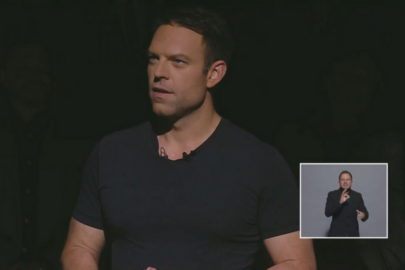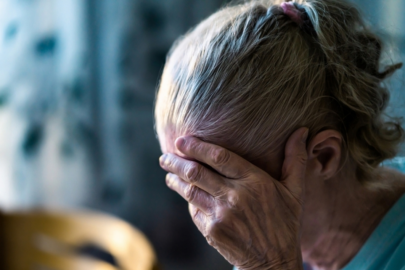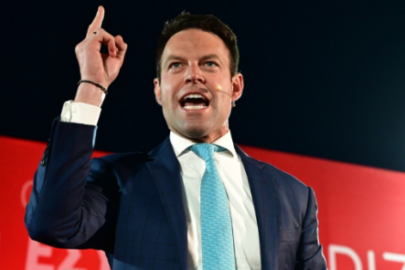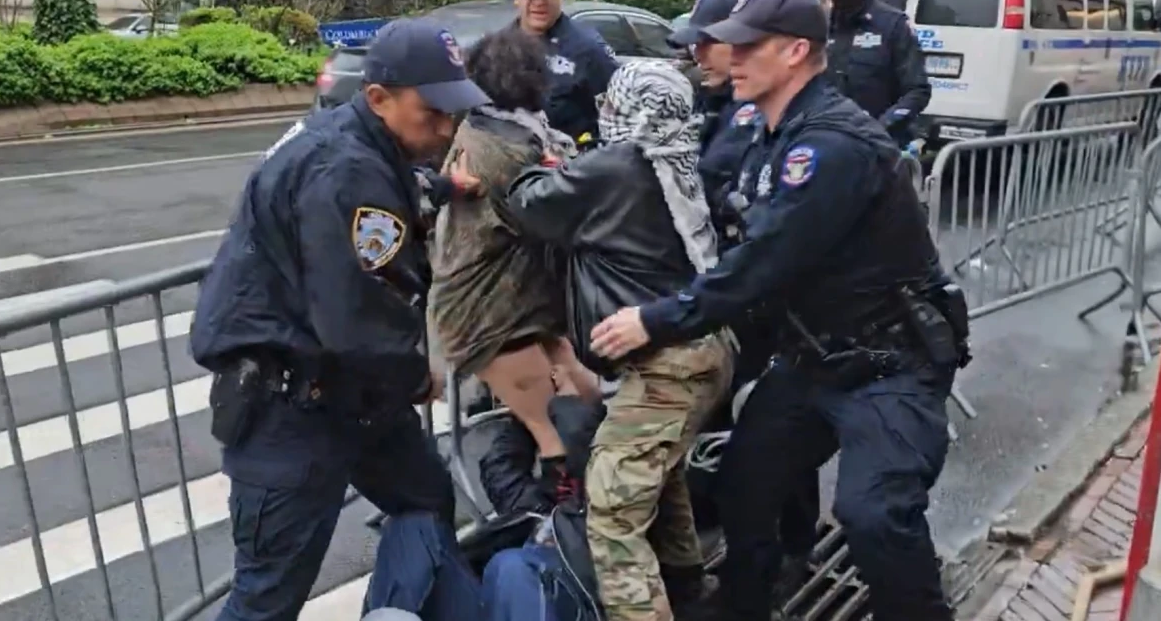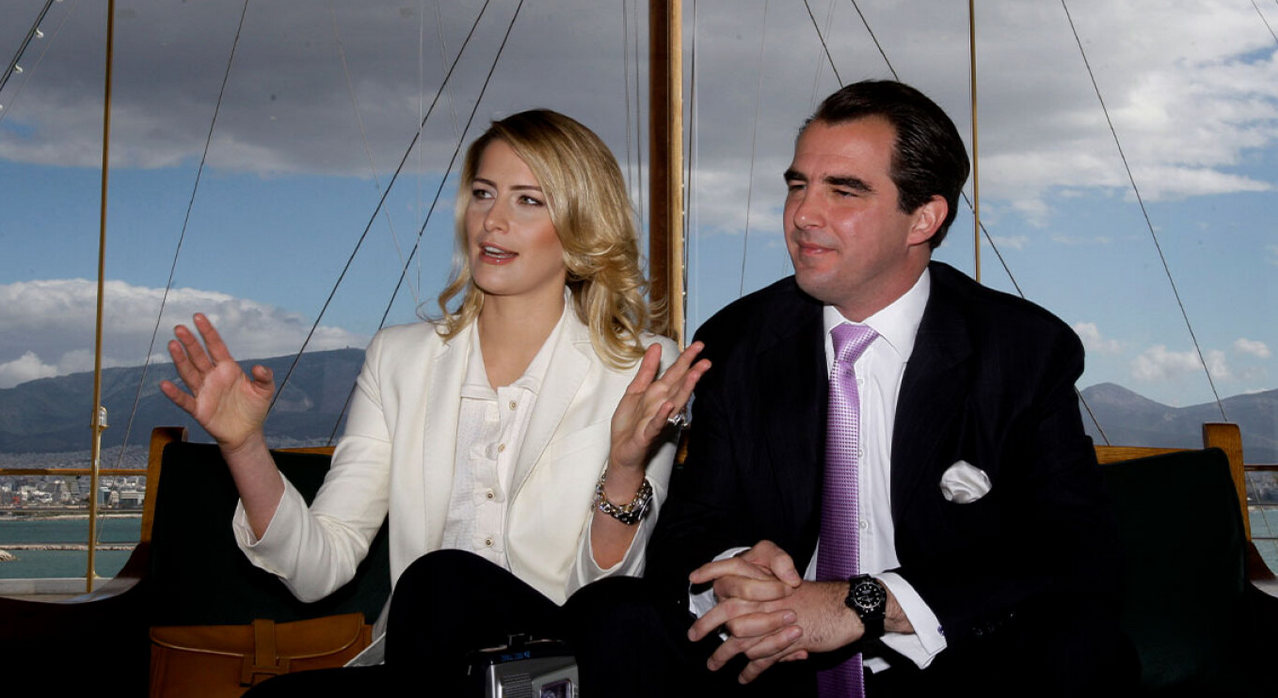By European Migration, Home Affairs and Citizenship Commissioner Dimitris Avramopoulos
The European Union and Egypt have a long-standing relationship. We face common challenges and we need one another to address them.
The situation in the Mediterranean is, of course, particularly worrying. The crises in Syria and in Libya continue to persist and perspectives for improvement are not very optimistic.
The instability in our neighbourhood bears migratory and security consequences for both Egypt and the European Union. Our discussions, therefore, focused on the need to further enhance our cooperation.
We need to tackle the emergencies and to deal with the dramatic conditions of people, who embark on dangerous journeys to escape wars, seek international protection or simply look for a better life.
We also need to tackle the root causes of irregular migration: poverty, conflicts, lack of resources.
On April 23rd, the EU heads of state and government at the extraordinary meeting of the European Council agreed to take a number of concrete actions to address the migration challenges in the Mediterranean, including the strengthening of cooperation with our neighbours.
That is why the EU is more than ever ready and willing to strengthen ties with its Southern neighbours – Egypt in particular.
Cooperation with key partners will also be a cornerstone of the European Agenda on Migration that I will put forward in a few days.
Dialogue on Migration and Mobility
To address all aspects of migration, we need to develop together a strategic approach.
Starting a new Dialogue dedicated to Migration and Mobility will help both Egypt and the EU to better understand each other, to identify the common challenges we face and to look for solutions in a spirit of shared responsibility.
We have had such Dialogues with Morocco, Tunisia and Jordan, which resulted in Mobility Partnerships. Last December we launched a Dialogue with Lebanon.
The way the EU and our neighbours manage migration is not only about preventing irregular migration. When we discuss migration and mobility we want to discuss the full spectrum of issues.
We want discuss how to guarantee international protection to those fleeing war and conflict, how to fight traffickers, and also how to create more possibilities for legal migration and labour migration.
Khartoum Process
A few months ago we launched a joint initiative called EU-Horn of Africa Migration Route Initiative. This political process – the so-called “Khartoum process” – is a good example of dialogue and cooperation on migration and mobility, because it brings together countries of origin, transit and destination along the migratory route starting from the Horn of Africa to Europe.
We are now developing concrete projects for the Khartoum process and I hope that Egypt will continue to play a leading role.
At first, activities will concentrate on addressing the trafficking of human beings as well as the smuggling of migrants. Future projects could expand to other issues such as legal migration, irregular migration, migration and development and international protection.
Security
For the EU, Egypt is also an important partner country in the field of security. We want to intensify our cooperation.
Tackling jihadism and radicalisation is a cross-border challenge.
The EU is very concerned with the rising threat linked to EU citizens fighting in Syria Iraq and elsewhere who return to Europe to perpetrate attacks or to radicalise others. I am sure Egypt shares the same concern and interest in preventing and countering the influx of violent extremists.
So we need to pool our expertise. Last week, I presented a European Agenda on Security with concrete actions, including stepping-up the fight against terrorism and radicalisation.
The Commission will set up a Centre of Excellence to collect and disseminate expertise on anti-radicalisation. This Centre will build upon our Radicalisation Awareness Network (RAN) which brings together first line practitioners to exchange experiences and best practices.
This is the kind of initiative we could look at together to deepen our cooperation.


